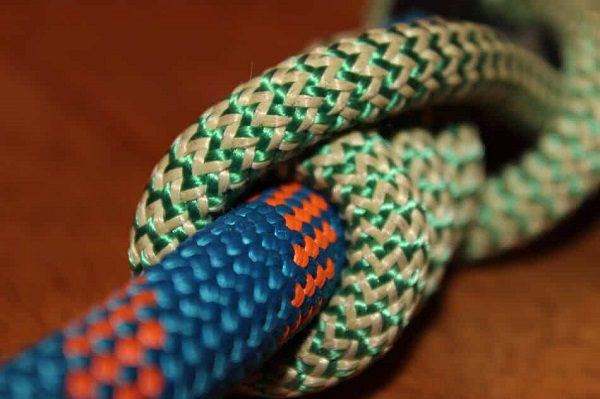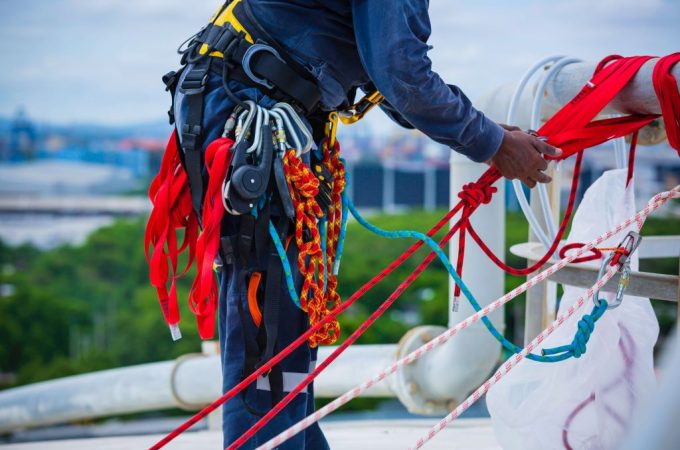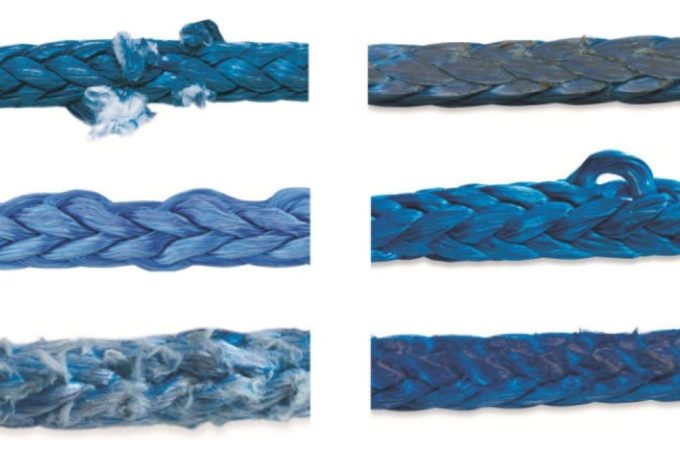
Best Rope for the Job
Choosing the best rope for a specific job is essential to ensure safety, efficiency, and success. With so many types of rope available on the market, it can be challenging to know which one is the best for a particular task. However, understanding the strengths and weaknesses of each type of rope can help you make an informed decision.
Here are some of the most common types of best rope and their recommended uses:
Manila Rope: This type of rope is made from natural fibers and is known for its excellent tensile strength and durability. It is an excellent choice for tasks that require heavy lifting, such as hoisting and hauling, as well as for use in construction and agriculture.
Nylon Rope: Nylon rope is incredibly strong and resistant to wear and tear. It is also stretchy, making it a good choice for use in situations where shock absorption is necessary, such as towing and mooring. Nylon rope is also suitable for use in marine environments, as it resists damage from saltwater.
Polypropylene Rope: This lightweight, affordable rope is commonly used for a variety of tasks, including boating, camping, and general household use. Polypropylene rope is resistant to mildew, mold, and rot, making it an ideal choice for outdoor use. However, it is not as strong as other types of rope and can be easily damaged by UV exposure.
Polyester Rope: This type of rope is known for its resistance to UV light, abrasion, and chemicals. It is a good choice for use in harsh environments and situations where strength and durability are essential, such as in construction and rescue operations.
Dyneema Rope: Dyneema is a high-performance, ultra-lightweight rope that is incredibly strong and durable. It is often used in high-stress applications, such as in the marine and aerospace industries, as well as for climbing and mountaineering.
Steel Wire Rope: Steel wire rope is incredibly strong and durable, making it an ideal choice for heavy-duty applications, such as in construction and mining. It is resistant to abrasion and corrosion and can withstand high temperatures. However, steel wire rope can be challenging to work with and requires specialized equipment for cutting and splicing.
Sisal Rope: Sisal rope is made from natural fibers and is often used for decorative purposes, such as in arts and crafts or home decor. It has a rough texture and is not as strong as other types of rope, making it unsuitable for heavy-duty tasks.
Hemp Rope: Hemp rope is another natural fiber rope that is known for its strength and durability. It is often used for marine applications, as it resists damage from saltwater and UV exposure. Hemp rope is also suitable for use in crafting and decoration.
Cotton Rope: Cotton rope is soft, pliable, and easy to work with, making it a popular choice for decorative and craft projects. It is not as strong as other types of rope and can be easily damaged by water and UV exposure.
Arborist Rope: Arborist rope is designed for use in tree care and climbing applications. It is lightweight and easy to handle, yet strong enough to support the weight of a person. Arborist rope is often made from synthetic fibers, such as polyester or nylon, and may feature specialized coatings or braids to improve grip and visibility.
In conclusion, choosing the best rope for the job requires careful consideration of the task at hand, the environment in which the rope will be used, and the required strength and durability. By understanding the properties and recommended uses of different types of rope, you can make an informed decision and ensure that your job is completed safely and efficiently.





